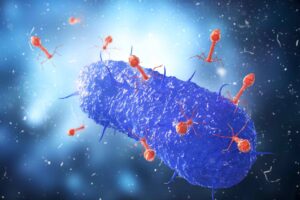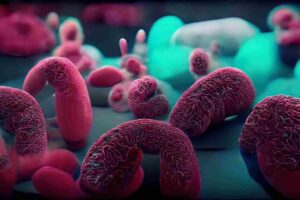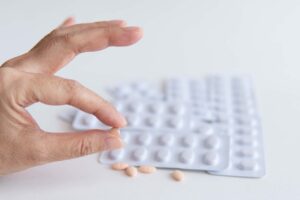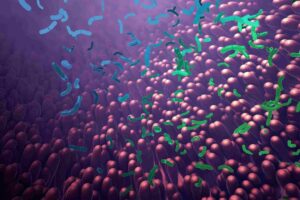Giorgia Guglielmi
Gastroenterology
The findings of a recent study suggest that phages can be used to treat IBD and other diseases associated with gut microbes.
Gastroenterology, Scientific research
The findings of a recent study suggest that engineered native gut bacteria could be employed to help treat certain diseases such as diabetes.
Gastroenterology, Nutrition
A recent study suggests that the microbiome changes in response to human consumption of non-nutritive sweetener may induce glycemic changes in consumers in a personalized manner.
Pediatrics
Antimicrobial resistant bacteria are present in newborns after just a few hours of life and they help to understand the routes of transmission of antibiotic-resistance genes.
Gastroenterology
The findings of a new research suggest that different responses to statins can be explained by the variation in the human microbiota.
Gastroenterology
The findings of a new research illuminate the link between IBS and gut bacteria, and suggest that histamine is a good target for therapies against the condition.
Pediatrics
The findings of a new research suggest that during the early maturation, the microbiota would be more likely to be influenced by other microbiotas on a not-too-distant level of maturity.
Scientific research
The results of a new research done in mice suggest that gut bacteria can regulate host physiology by metabolizing vitamin A.
Endocrinology
New research in mice suggests that two MACs, L-arabinose and sucrose, have specific effects on gut microbes that may prevent diet-induced obesity.
Gastroenterology, Immunology
The findings of a new research show that gut bacteria can become harmful over time by gaining the ability to escape the intestine and persist in other organs where they…











